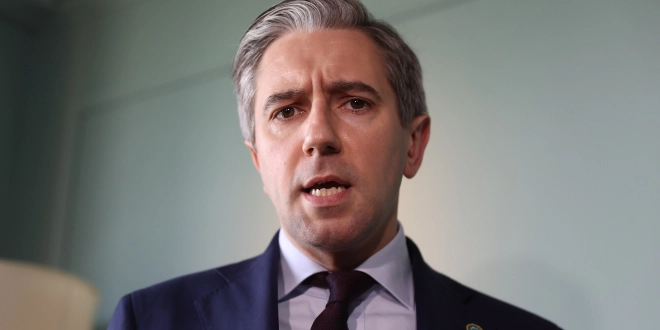New changes to the US visa application process for international students have prompted strong criticism from Irish officials and student representatives. The United States Department of State has introduced expanded vetting procedures, including mandatory disclosure of social media history, which some fear will create anxiety and deter applicants.
Under the updated requirements, individuals applying for F, M, and J category non-immigrant visas must provide the usernames or handles of all social media platforms they have used within the past five years. Applicants are also instructed to set the privacy settings of these accounts to public during the application process. Failure to comply with these conditions could result in visa denial and potentially make individuals ineligible for future applications.
The US Embassy in Dublin stated that these measures aim to uphold stringent national security and public safety standards. The embassy emphasized that visa eligibility is not guaranteed and described a visa as a privilege rather than an entitlement. It also confirmed that the use of all available data, including social media content, plays a role in identifying applicants who may be deemed inadmissible on security grounds.
Visa services, which were temporarily paused at the end of May to review these new processes, are expected to resume shortly.
Criticism of Surveillance Expansion and Its Broader Impact
Taoiseach Mícheál Martin has publicly opposed the new social media rules, labeling them excessive. While acknowledging the importance of US security concerns, he expressed the belief that competent intelligence systems should be able to detect genuine threats without resorting to intrusive data collection methods. Martin warned that such policies may lead to heightened fear among international students planning to travel to the United States.
The updated vetting protocol applies to various student and exchange visas. The F visa is granted to full-time students attending recognized educational institutions or language programs. The M visa is designated for vocational or technical training. The J visa, often used for summer work programs, also covers participants in professional, academic, and cultural exchanges.
Student representatives have also voiced serious objections. Jennie Maguire, President of the Trinity College Students Union, described the policy as an extreme shift in how student applicants are treated. She called the requirement to expose private online content both intrusive and unreasonable. According to Maguire, this change threatens personal freedom and could marginalize certain groups, particularly those with political opinions or personal identities that have previously been subject to discrimination.
She pointed out that people from specific regions, such as the Middle East, or individuals who identify as transgender, could face increased scrutiny due to their social media activity. Maguire cited previous instances where travelers were questioned about their backgrounds and online presence when entering the US, arguing that this new policy only formalizes a pattern of biased monitoring.
 The Daily Star Ireland
The Daily Star Ireland

